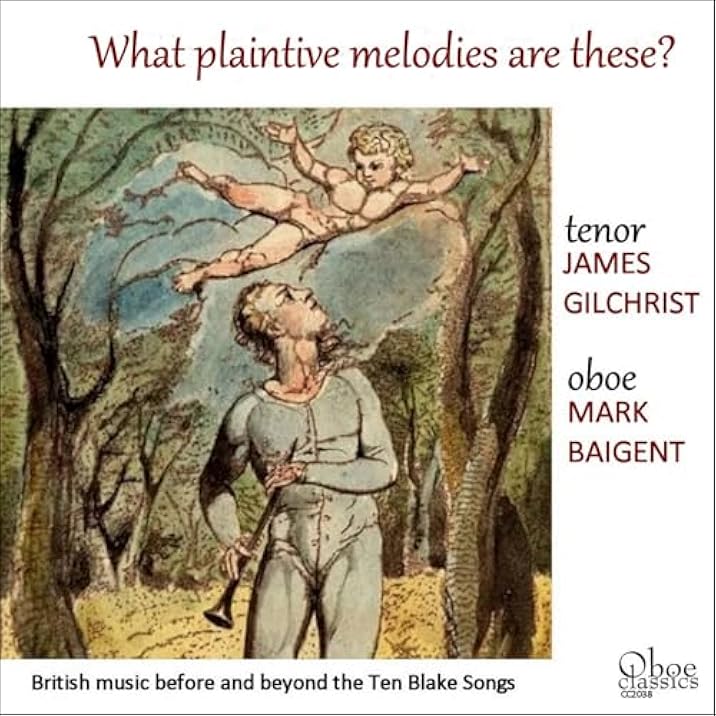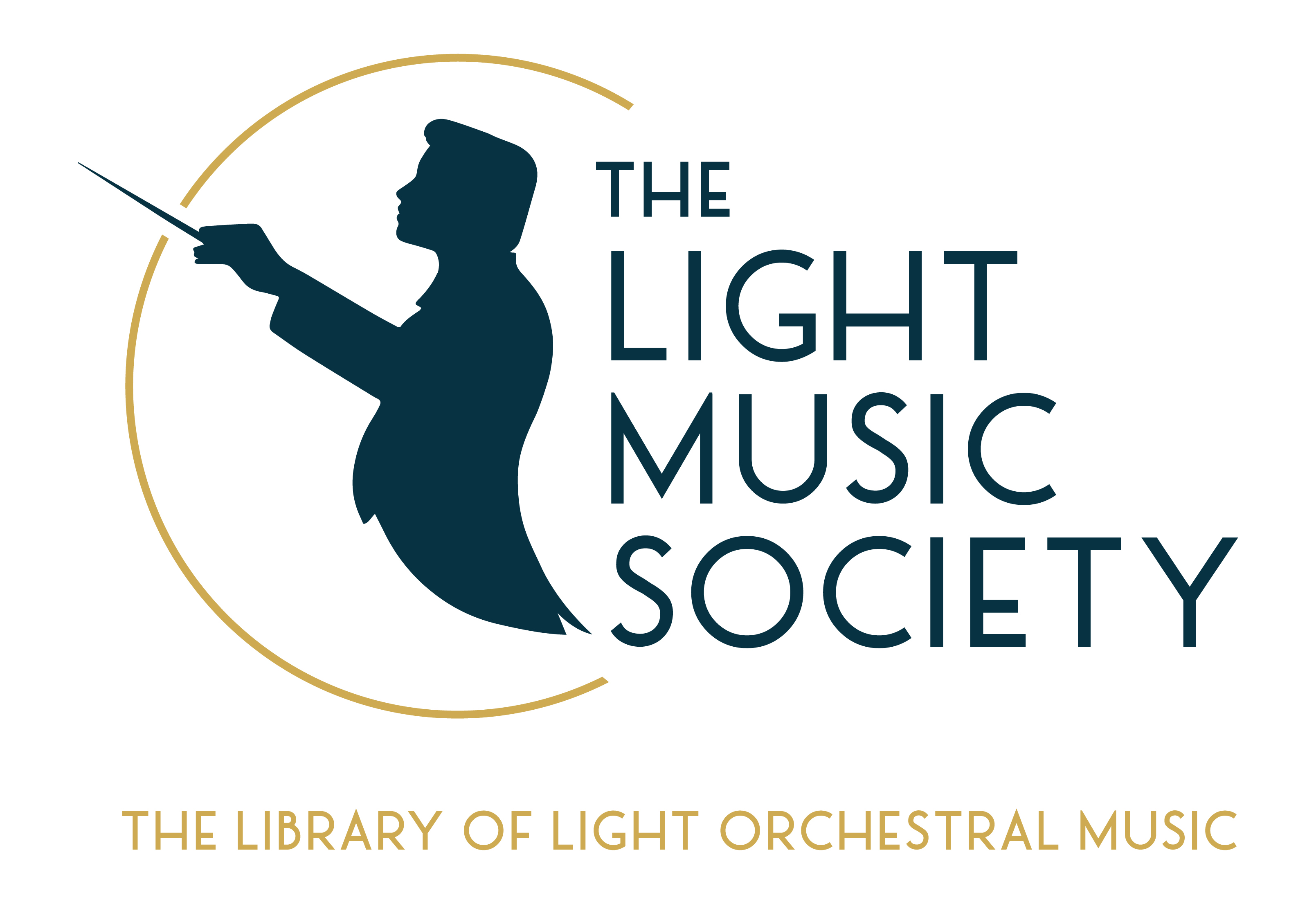Mark Baigent (Oboe/ Cor Anglais)
James Gilchrist (Tenor)
Mira Marton (Violin),
Joanna Patrick (Viola),
George Ross (Cello),
Fiona Mitchell (Clarinet)
Oboe Classics CC2038
The title for this most atmospheric of releases comes from what is probably the least well known of the pieces featured: Idyllic Fantasy by Cyril Scott. A setting of a poem he wrote himself, Scott’s extended piece (essentially a chamber tone poem for voice, oboe and cello) reflects his interest in the occult, but also showcases the composer’s mastery of timbre. Beginning with a tonally unstable introduction for solo oboe, later joined by cello, the voice is then introduced on a wordless vocalise, before the poem appear about two minutes in. The cello remains muted throughout, and it is the voice and oboe that take centre stage here, both lines pretty fiendish in their own right and moving gradually from austere melancholy to rather more playful writing. Curiously, despite being the earliest composition featured here, it is possibly the most harmonically and timbrally advanced. Britten’s Nocturne, found later on the disc, may boast his regular polytonality, but the text by Wilfred Owen requires a slightly more static harmonic landscape, resulting in a stunningly moving work.
If an album comprising solely songs featuring oboe and voice seems a surprising choice, it seems to have come as equally surprising to oboist Mark Baigent, who (according to his liner note) had assumed that Vaughan Williams’ Ten Blake Songs were the first to combine the voice and oboe alone, only to discover that other such works had been written over three decades earlier.
Vaughan Williams’ Blake settings, composed for the film The Vision of Blake by Guy Brenton, are presented neither all together, nor in sequence here. Instead, the CD opens with the ninth song of the set: The Divine Image – an interesting choice – introducing us with the solo voice of tenor James Gilchrist alone before introducing Baigent on oboe with the first song of the cycle, Infant Joy. Gilchrist, one of the UK’s most renowned recitalists, almost needs no praise from this reviewer, as so many mainstay writers have done that job for me. Suffice to say that from the opening bar of The Divine Image, the tenor instantly transfixes the listener with his rendering of the comparatively simple vocal line with insight into the more philosophical text: a performance of innocence and experience rolled into one, we might almost say! The song cycle book-ends the performance.
Herbert Murrill’s Three Carols for voice and oboe are wonderfully evocative works, the oboe acting almost as a lonely shepherd’s pipe (not dissimilar to its appearance in RVW/Blake’s The Piper), something about the combination applied to Christmas seeming especially apt. Carey Blyton’s Four Songs from the Chinese is the substantial work on this disc aside from the Vaughan Williams. This performance is the first known rendering of Blyton’s opus for its original scoring of voice, oboe and string trio (it was later expanded for string orchestra) and the performers make an utterly convincing case for the work. While the work may not be overly complex, its simplicity makes for a direct communication of the texts (not without shadows in the third song) and Gilchrist’s occasionally very high vocal lines remain warm and inviting for the listener, aided often by the trio in their lower ranges. It wouldn’t be a disc of British music for oboe with a sometimes fairy-inflected mood without the inclusion of Rutland Boughton either and we have the lighthearted Fairy-Led for our delight here, featuring clarinet as well as oboe and voice.

Phillip Napier Miles, a completely unknown name to me, is evidently a composer worth further exploration based on the presentation of his Four Songs. Once again the central duo of Baigent and Gilchrist are alone here and Napier Miles’ graceful interplay of melodic lines are in beautiful dialogue from the two soloists. Baigent’s oboe, as consistently plaintive as the title of the disc suggests, is swapped for cor anglais in the Britten, but his playing is immensely sensitive on both instruments and it is, I believe, primarily to him that we owe our thanks for the fascinating selection of music.
This is an incredibly well chosen, varied and balanced programme of largely unknown repertoire, exceptionally performed by all involved. The recording quality (engineered and produced by Paul Arden-Taylor) is spot on: neither too closely miked for this kind of chamber repertoire, nor too echoey in the ambience of St. Martin’s Church, East Woodhay. I would still have liked a booklet with a little more information and printed texts of the songs to accompany the set, but it remains only a ‘wish’ rather than a ‘need’ with a recording as crisp and clear as this. DA

Leave a Comment
I hope you enjoyed this post. If you would like to, please leave a comment below.